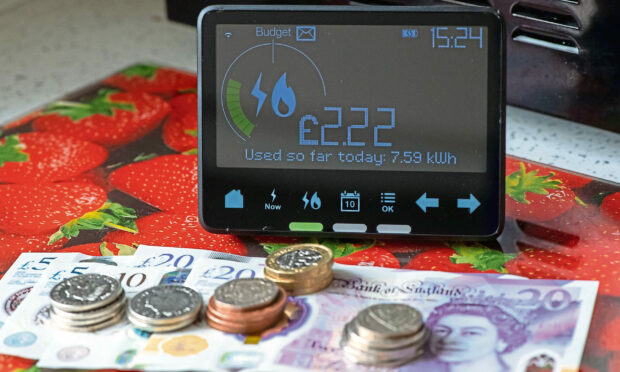Households and businesses across the north and north-east could be rewarded for using their domestic appliances at off-peak hours.
Some households will be paid if they reduce their electricity usage during peak hours on some days this winter, after National Grid plans were given the go-ahead by the energy regulator.
Under the National Grid‘s demand flexibility service (DFS) – the scheme will pay £3 per kWh to encourage more people to use their washing machines and other electrical appliances late at night.
How do you sign up?
To qualify you must have a smart meter and your energy provider must sign up to take part.
A National Grid ESO spokesman said: “Consumers should already be receiving communications from their suppliers to sign up to the DFS if they want to participate and these communications will be continuing over the next couple of months.
Fear of blackouts
The scheme is designed to help the UK avoid power blackouts, which the National Grid has previously warned are a risk over the coming months due to a restriction on gas supplies across Europe as a result of the war in Ukraine.
The DFS is to be tested for the first time in the coming days to demonstrate its effectiveness.
Households participating through the programme will be sent a message from their supplier if there is increased pressure on the system.
It will ask people and businesses who have signed up to reduce or move their electricity usage outside peak hours.
There will be at least 12 such “demonstration days” National Grid said, to make the scheme worthwhile for signatories.
Taking part could earn the average household up to £100.
Industrial and commercial businesses with larger energy usage could save multiples of this sum.
‘Mitigate potential risks’
Ofgem have granted approval for DFS to run until March 31 next year.
ESO executive director Fintan Slye said: “We are delighted that Ofgem have approved the use of our demand flexibility service this winter.
“It will help mitigate the potential risks that the ESO has outlined in its winter outlook and will allow consumers to see a financial return for reducing their electricity use at peak times.
“As a responsible operator of the electricity system we have developed this innovative Demand Flexibility Service to complement the robust set of tools we already use to balance the electricity system every day.
Why are they paying energy users to delay plugging in?
So-called demand-side responses have been touted by industry experts for years as an effective way of preventing blackouts and helping households use energy at times when wind turbines and solar panels are producing lots of energy.
In future, the hope is that a household’s smart meter can itself detect when there is a lot of cheap renewable electricity available, and at that point it can start charging the car, or heating the home.
The current set-up will likely not be automated for most households. Instead people will have to manually decide to put on their washing machine at a different time, or not plug in their electric car until later in the evening.


Conversation